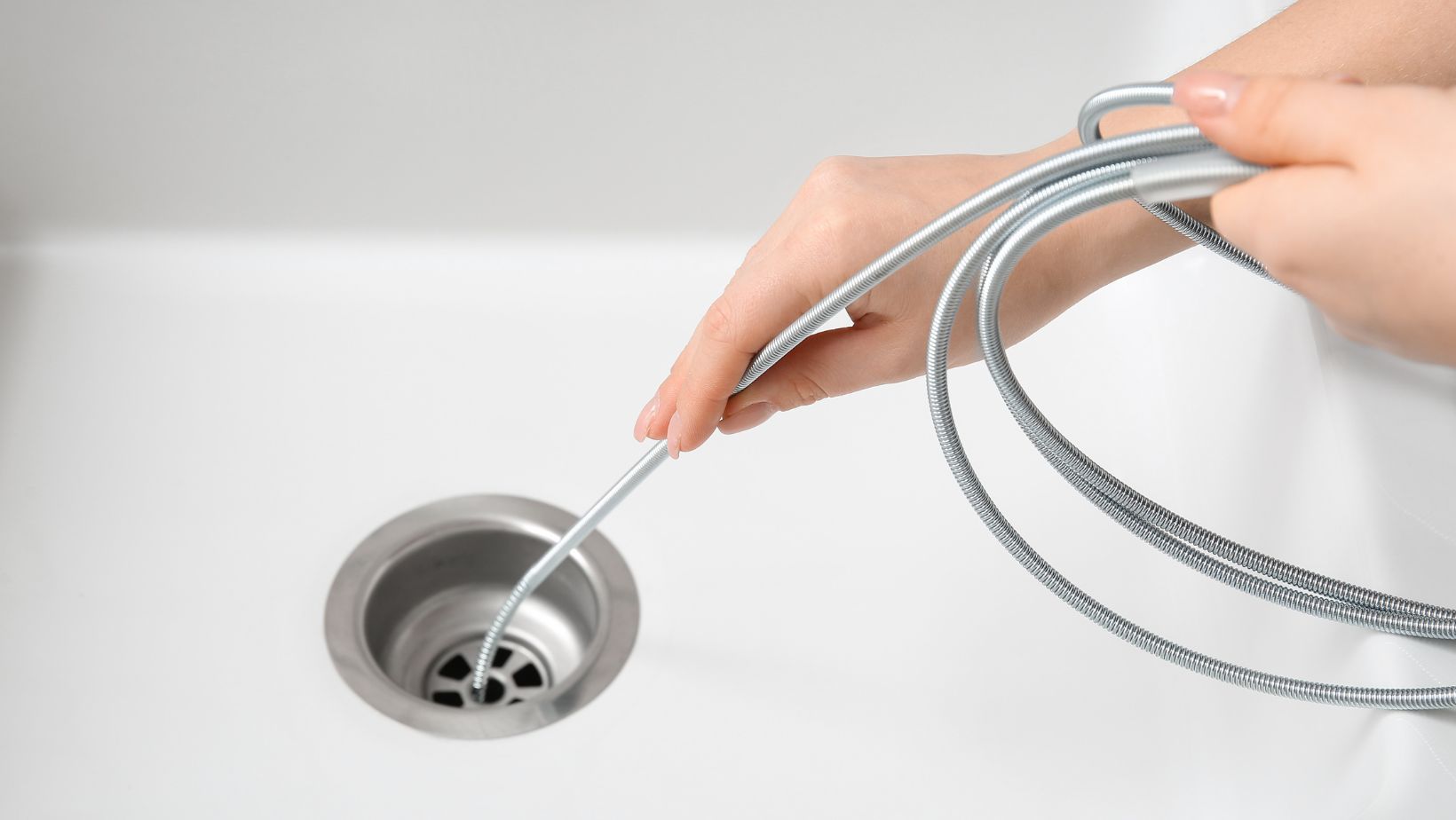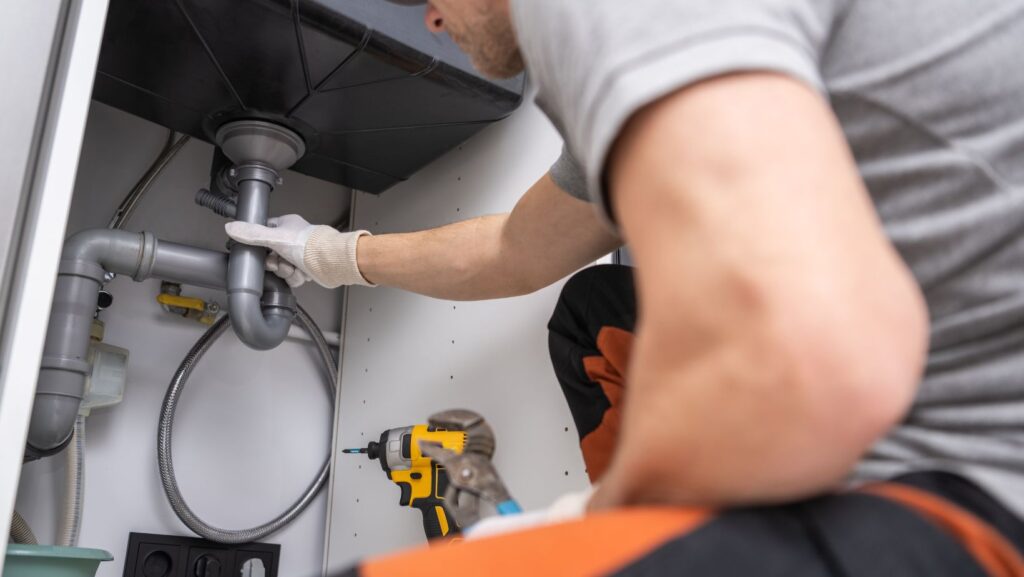Blocked drains might seem like a minor nuisance, but they can pose significant risks to your home and health. While many homeowners dismiss them as mere inconveniences, it’s essential to understand the potential complications that can arise if these blockages are not addressed promptly.
What Causes Blocked Drains?
The causes of blocked drains can vary greatly, ranging from simple household debris to more severe structural issues. Common culprits include:
• Food waste: Often, remnants of food find their way into kitchen sinks, leading to build-ups over time.
• Hair: In bathrooms, hair can easily accumulate and form a clump, obstructing water flow.
• Foreign objects: Items such as wet wipes, sanitary products, or small toys can cause immediate blockages.
• Tree roots: Outside, tree roots can invade drains looking for moisture, resulting in severe blockages that can be costly to remediate.
• Grease and fat: Over time, grease from cooking can solidify within pipes, narrowing the flow and leading to a potential blockage.
Recognising these factors can help in the prevention of blocked drains. Regular maintenance and mindful disposal practices play a critical role in ensuring that your drainage system remains functional.
Recognising the Symptoms
When a drain is blocked, several symptoms can alert you to the problem. Understanding these signs can be vital in preventing a more extensive issue down the line. Watch for:
• Foul odours: A bad smell emanating from your drains is often a precursor to blockages.
• Slow draining water: If you notice that your sinks or baths drain more slowly than usual, it may indicate a build-up somewhere.
• Gurgling sounds: Unusual noises when you use your sinks can signify air trying to escape a blocked pipe.
• Backed-up water: If water begins to raise in your sinks or toilets, this is a definite indicator of a blockage further down the line.

If you are experiencing any of these symptoms, it’s essential to act quickly; ignoring them can result in more severe damage, including overflowing toilets or flooding.
The Risks of Ignoring Blocked Drains
Although we often think of a blocked drain as merely a hassle, the risks associated with ignoring such issues can be significant:
1. Health Risks
Blocked drains can lead to stagnant water, which becomes a breeding ground for harmful bacteria and pests. This can pose serious health risks to you and your family. Exposure to contaminated water can lead to infections or diseases, particularly if you have young children or vulnerable individuals in your household.
2. Structural Damage
Water that cannot drain properly may back up into your home, leading to extensive water damage. This can affect walls, floors, and even the foundation of your property, resulting in costly repairs. Over time, the pressure and moisture can weaken structural integrity, making it essential to address a blocked drain before it escalates to such issues.
3. Unpleasant Smells
Aside from being inconvenient, foul odours from blocked drains can permeate your home and become increasingly difficult to eliminate. This can create an uncomfortable living environment and detract from your property’s overall appeal.
4. Costly Repairs
Ignoring the signs of a blocked drain can lead to more severe problems that require extensive and costly repairs. Simple blockages can often be resolved with a quick fix, while more complicated issues can run into thousands of pounds when you consider excavation or replacement of drainage systems.
What To Do If You Have a Blocked Drain
If you suspect a blockage, the first step is to determine its location and severity. While some blockages can be resolved with a plunger or a standard drain cleaner, others may require professional intervention. It can be beneficial to get help with drain blockages here if you’re uncertain or if the blockage persists after attempting DIY methods. Professional services can not only clear the obstructed drain but also conduct an inspection to uncover underlying issues.
Tips for Prevention
To avoid the hassle of blocked drains altogether, consider the following preventative measures:
• Dispose of waste properly: Avoid pouring grease down the sink and be cautious of flushing items other than toilet paper.
• Use drain covers: Install mesh or screen covers in sinks and tubs to catch hair and debris.
• Regular maintenance: Schedule periodic inspections and clean-ups of your drainage system to address any minor issues before they develop into significant problems.
Conclusion
Understanding the risks associated with blocked drains empowers homeowners to act before these problems escalate. From health risks to structural damage, the potential impact of ignoring a simple blockage is significant. By being proactive with proper disposal, regular maintenance, and seeking professional help when needed, you can protect your home and ensure a functional drainage system for years to come.
Being informed about these risks can save not only money in repairs but also provide peace of mind, ensuring your living environment remains safe and pleasant. Don’t underestimate a simple blockage; it could lead to much bigger headaches down the line.


More Stories
Alexousa104: A Comprehensive Overview
Compact Gadgets for Small Apartments: When Every Square Meter Counts
Why DIY Drying Can Make Water Damage Worse